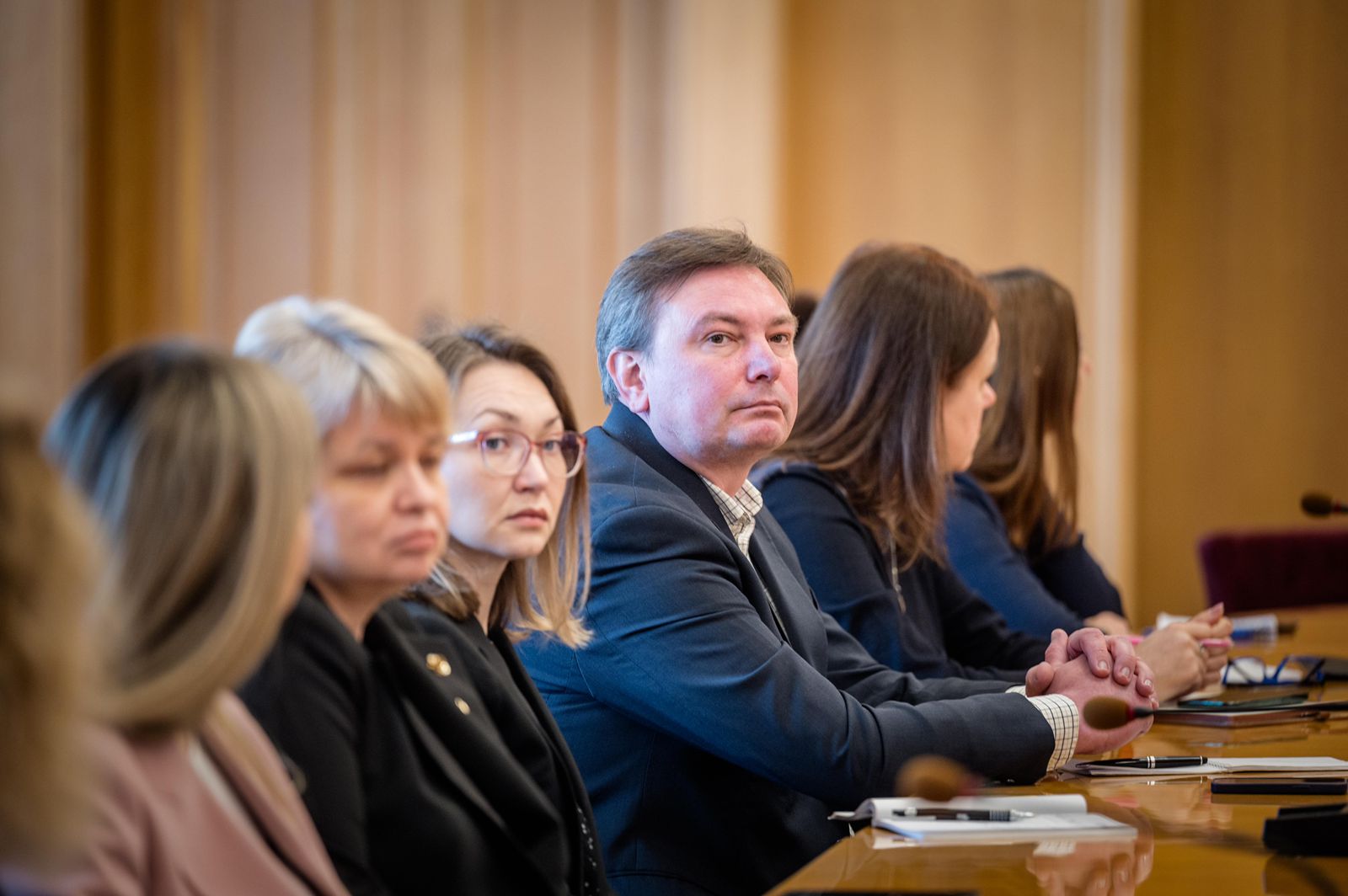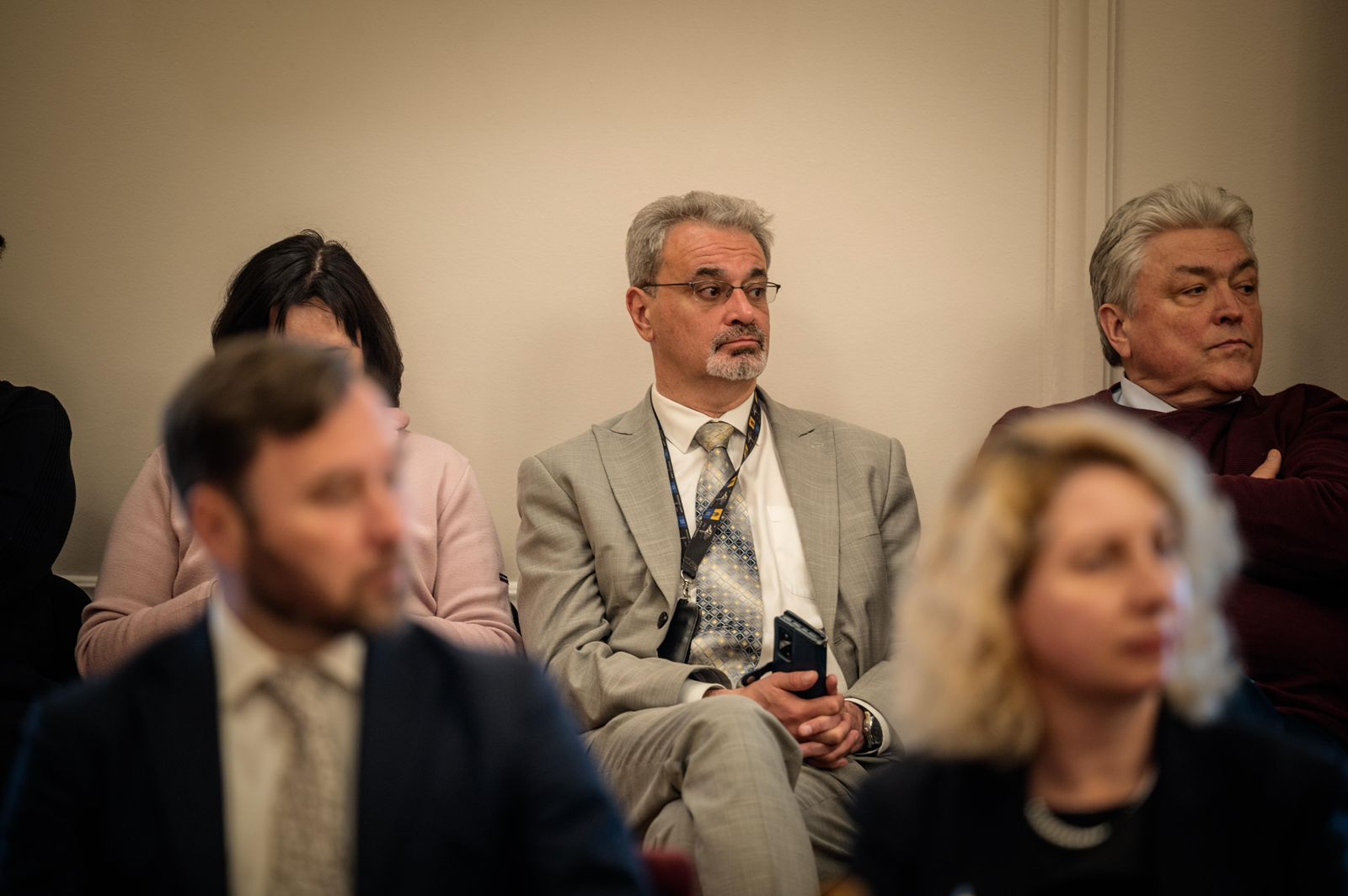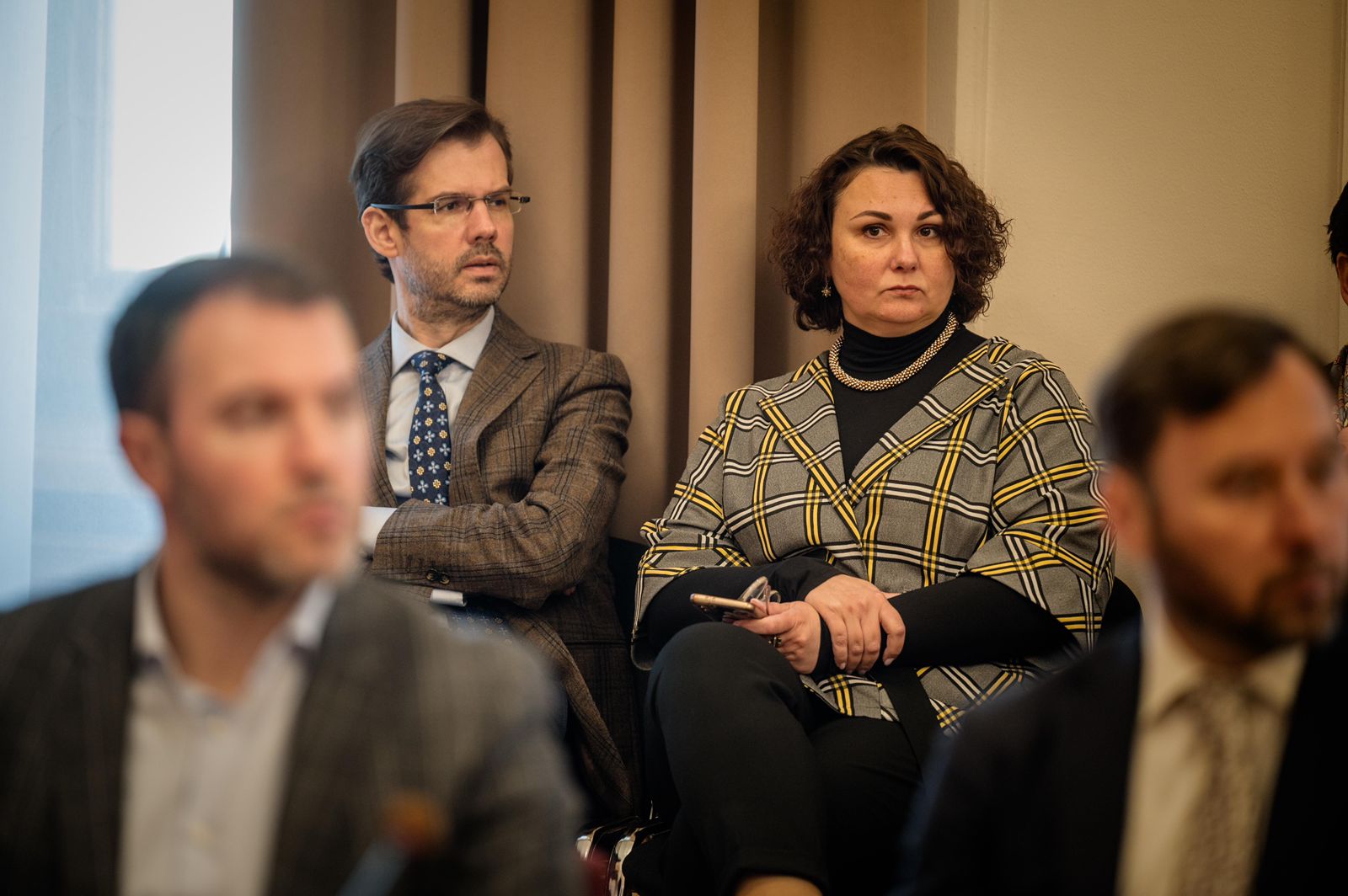The project seeks to deepen diplomats’ understanding of 20th-century atrocities, particularly the Holocaust, and to support the promotion of accurate historical narratives in the international arena.
Opening the event, Sergiy Kyslytsya, First Deputy Minister of Foreign Affairs of Ukraine, remarked:
“Today, as a full-scale war once again burns at the heart of Europe, we understand that ‘never again’ must be a call to action. The ‘Diplomacy of Memory’ project is practical in nature — it will help us, as diplomats, better understand the historical meaning of past events, and, more importantly, apply this knowledge in our daily work: in international negotiations, in dialogue with partners, in countering Russian disinformation, and in defending truth and justice.”
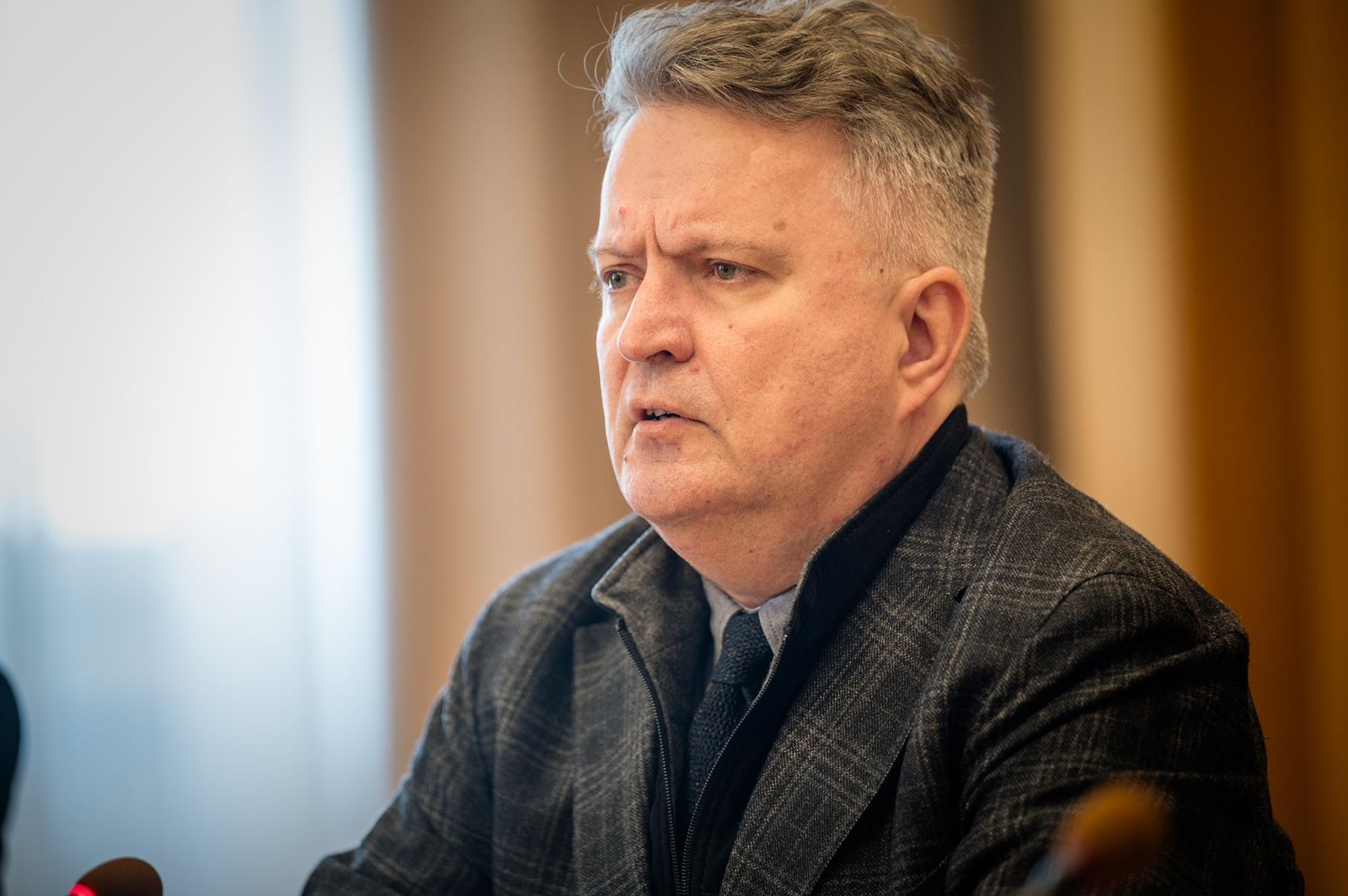
As part of the launch, Dr. Anatolii Podolskyi, Director of the Ukrainian Center for Holocaust Studies, delivered a lecture titled “The Holocaust in Ukraine: Research, Education, Memory. Political Challenges Amid Russian Aggression and War.” He highlighted the dangers of historical distortion — particularly the instrumentalization of history by Russian propaganda as a weapon of hybrid warfare.
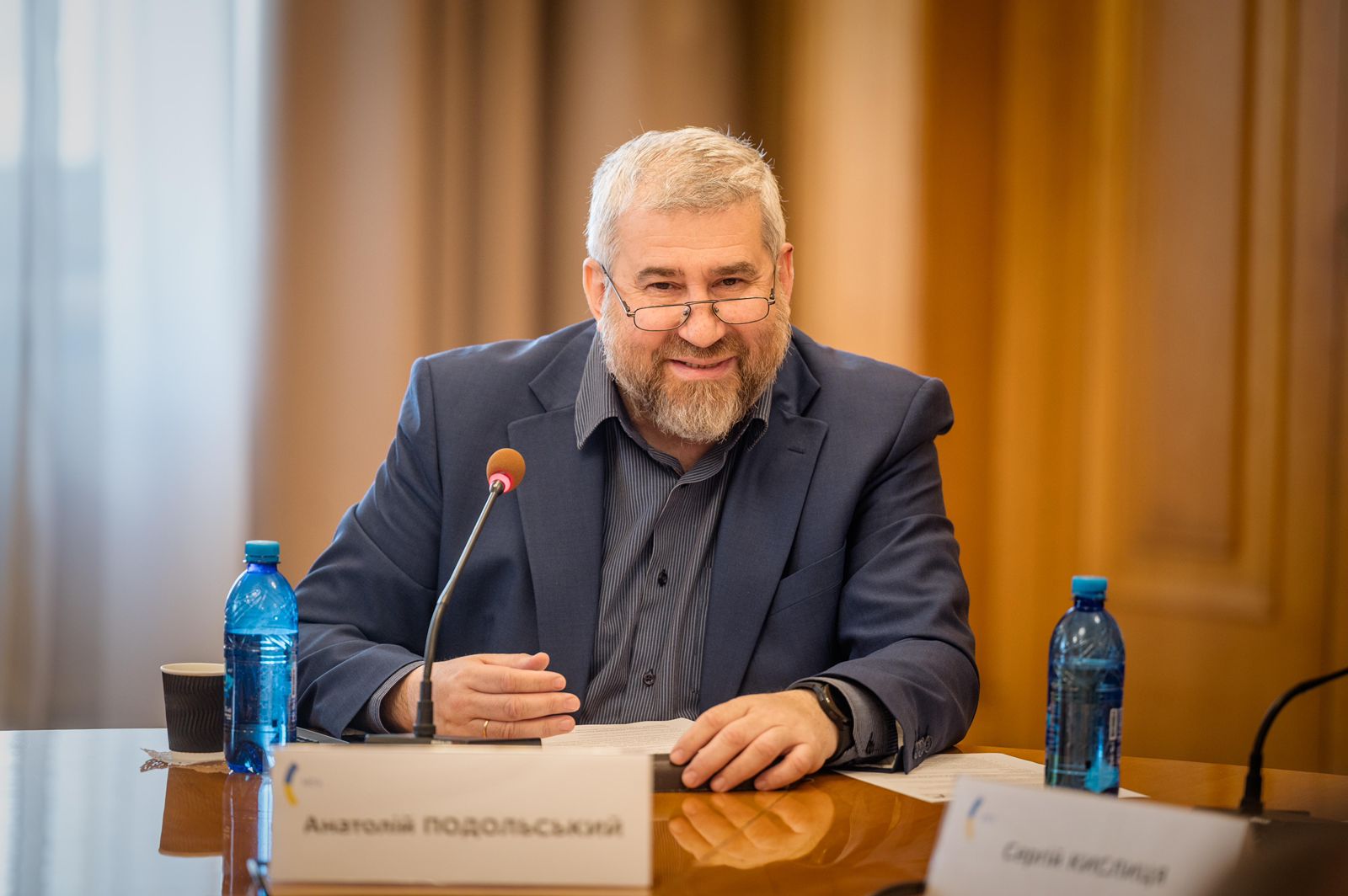
Roza Tapanova, Director of the Babyn Yar National Historical and Memorial Reserve, shared examples of the Reserve’s ongoing memory initiatives. She spoke in particular about the traveling exhibition “Bakhmut. Faces of Genocide 1942|2022”, developed in partnership with the Bakhmut Museum of Local History and the Ukrainian Association of Professional Photographers (UAPP):

“In 1942, Bakhmut, like hundreds of other Ukrainian towns, was a site of Nazi terror. Eighty years later, in 2022, it was devastated by the Russian army. This project presents documentary evidence of the crimes of two totalitarian regimes. The exhibition has already been shown in Kyiv, Lviv, and internationally — including at the Ninth Fort Museum in Kaunas. This is just one example of how we approach remembrance not through declarations, but through documented facts that can be shared with international audiences and serve as the basis for meaningful dialogue.”
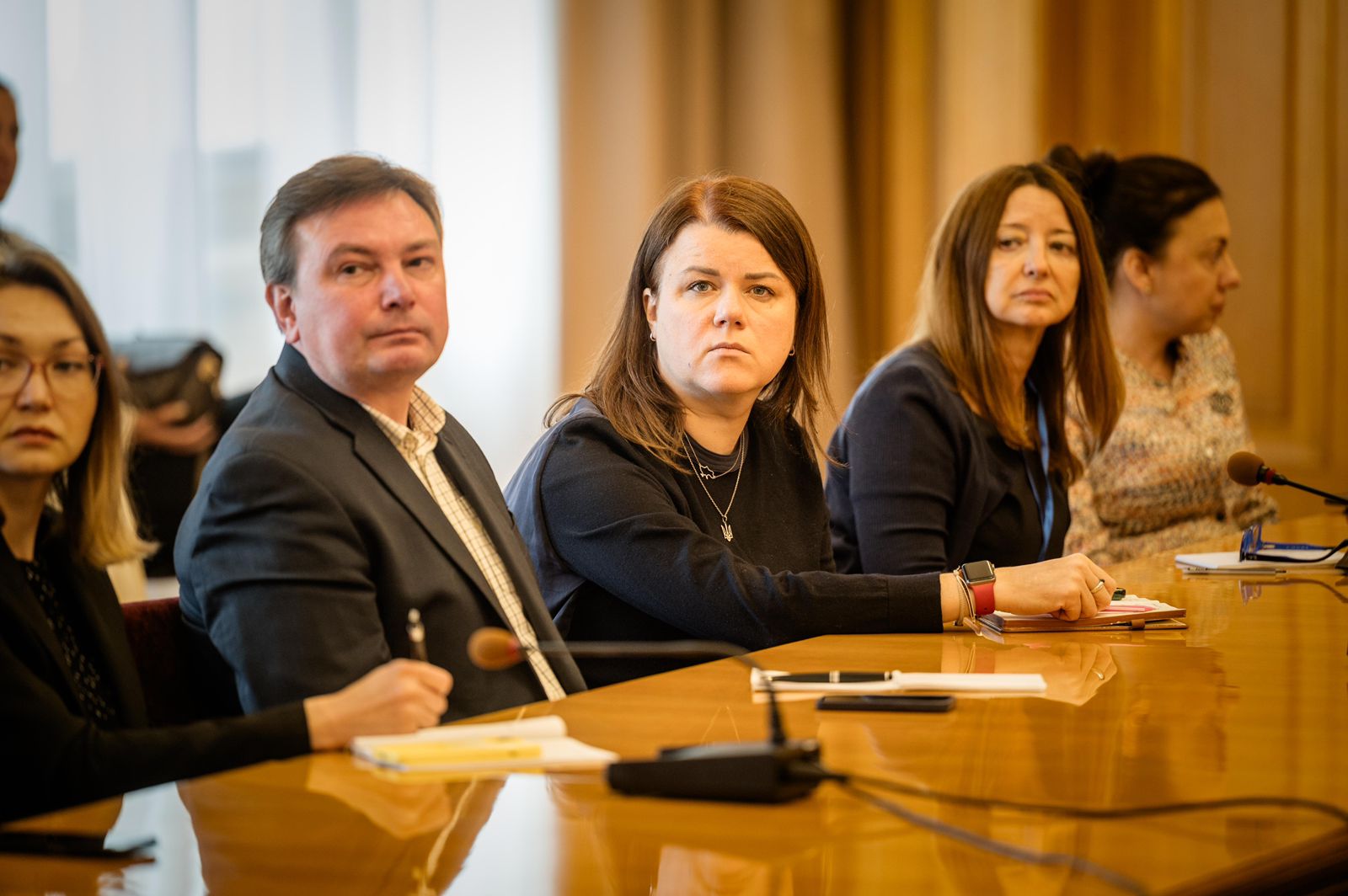
At its core, “Diplomacy of Memory” is a strategic effort to build a new culture of remembrance — one that supports Ukraine’s ongoing struggle for freedom, truth, and future.
In the context of Russia’s full-scale invasion, Ukraine’s defense of its identity extends beyond the battlefield. It includes efforts in historical policy, public memory, and international communication. The project underscores the importance of training diplomats as carriers of truthful narratives about Ukraine’s past — particularly in the context of genocide, both historical and contemporary.
